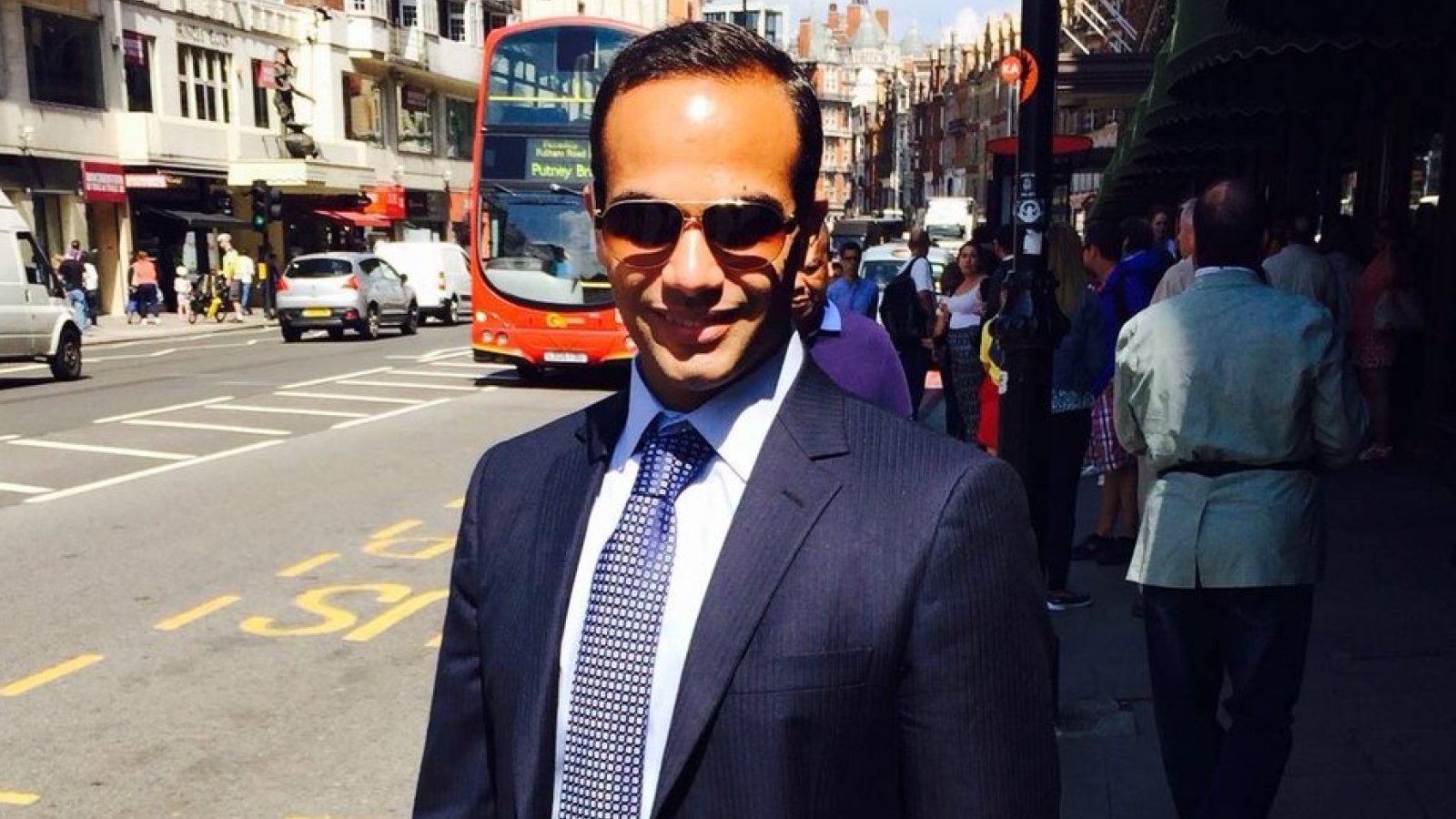
The New York Times reveals that George Papadopoulos, the Trump campaign foreign policy advisor who has pleaded guilty to lying to the FBI, told an Australian diplomat over drinks one night in London in May 2016 that the Russians had dirt on Hillary Clinton. That revelation – not the Steele dossier – led U.S. authorities to open an investigation into the Trump campaign:
Exactly how much Mr. Papadopoulos said that night at the Kensington Wine Rooms with the Australian, Alexander Downer, is unclear. But two months later, when leaked Democratic emails began appearing online, Australian officials passed the information about Mr. Papadopoulos to their American counterparts, according to four current and former American and foreign officials with direct knowledge of the Australians’ role.
The hacking and the revelation that a member of the Trump campaign may have had inside information about it were driving factors that led the F.B.I. to open an investigation in July 2016 into Russia’s attempts to disrupt the election and whether any of President Trump’s associates conspired.
The article also details how Papadopoulos was, in fact, a real campaign advisor and not simply a low level volunteer or "coffee boy" as some of Trump's associates claim. Papadopoulos joined the Trump team in early March 2016 with little political experience and no Russian expertise, but he quickly found a way to be relevant.
[D]uring his job interview with Sam Clovis, a top early campaign aide, he saw an opening. He was told that improving relations with Russia was one of Mr. Trump’s top foreign policy goals, according to court papers, an account Mr. Clovis has denied.
Traveling in Italy that March, Mr. Papadopoulos met Joseph Mifsud, a Maltese professor at a now-defunct London academy who had valuable contacts with the Russian Ministry of Foreign Affairs. Mr. Mifsud showed little interest in Mr. Papadopoulos at first.
But when he found out he was a Trump campaign adviser, he latched onto him, according to court records and emails obtained by The New York Times. Their joint goal was to arrange a meeting between Mr. Trump and President Vladimir V. Putin of Russia in Moscow, or between their respective aides.
Papadopoulos reportedly openly shared his intentions with the campaign, something Attorney General Jeff Sessions failed to recall:
When Mr. Trump’s foreign policy team gathered for the first time at the end of March in Washington, Mr. Papadopoulos said he had the contacts to set up a meeting between Mr. Trump and Mr. Putin. Mr. Trump listened intently but apparently deferred to Jeff Sessions, then a senator from Alabama and head of the campaign’s foreign policy team, according to participants in the meeting.
Mr. Sessions, now the attorney general, initially did not reveal that discussion to Congress, because, he has said, he did not recall it. More recently, he said he pushed back against Mr. Papadopoulos’s proposal, at least partly because he did not want someone so unqualified to represent the campaign on such a sensitive matter.
If the campaign wanted Mr. Papadopoulos to stand down, previously undisclosed emails obtained by The Times show that he either did not get the message or failed to heed it. He continued for months to try to arrange some kind of meeting with Russian representatives, keeping senior campaign advisers abreast of his efforts.
About a month later, Papadopoulos found out about Russia's DNC email hack:
In late April, at a London hotel, Mr. Mifsud told Mr. Papadopoulos that he had just learned from high-level Russian officials in Moscow that the Russians had “dirt” on Mrs. Clinton in the form of “thousands of emails,” according to court documents. Although Russian hackers had been mining data from the Democratic National Committee’s computers for months, that information was not yet public. Even the committee itself did not know.
Whether Mr. Papadopoulos shared that information with anyone else in the campaign is one of many unanswered questions.
But in May, he told Mr. Downer. The Australian government, two months later, told the U.S.
Once the information Mr. Papadopoulos had disclosed to the Australian diplomat reached the F.B.I., the bureau opened an investigation that became one of its most closely guarded secrets.
(...)
Besides the information from the Australians, the investigation was also propelled by intelligence from other friendly governments, including the British and Dutch. A trip to Moscow by another adviser, Carter Page, also raised concerns at the F.B.I.
Authorities kept the investigation quiet so as not to disrupt the presidential campaign or tip off the Russians, who could cover their tracks. But they actively pursued all relevant avenues, including interviewing Christopher Steele, the former British intelligence officer who, separately, had been investigating Trump's ties to Russia.
A team of F.B.I. agents traveled to Europe to interview Mr. Steele in early October 2016. Mr. Steele had shown some of his findings to an F.B.I. agent in Rome three months earlier, but that information was not part of the justification to start an counterintelligence inquiry, American officials said.
Full story: How the Russia Inquiry Began: A Campaign Aide, Drinks and Talk of Political Dirt (NYT)